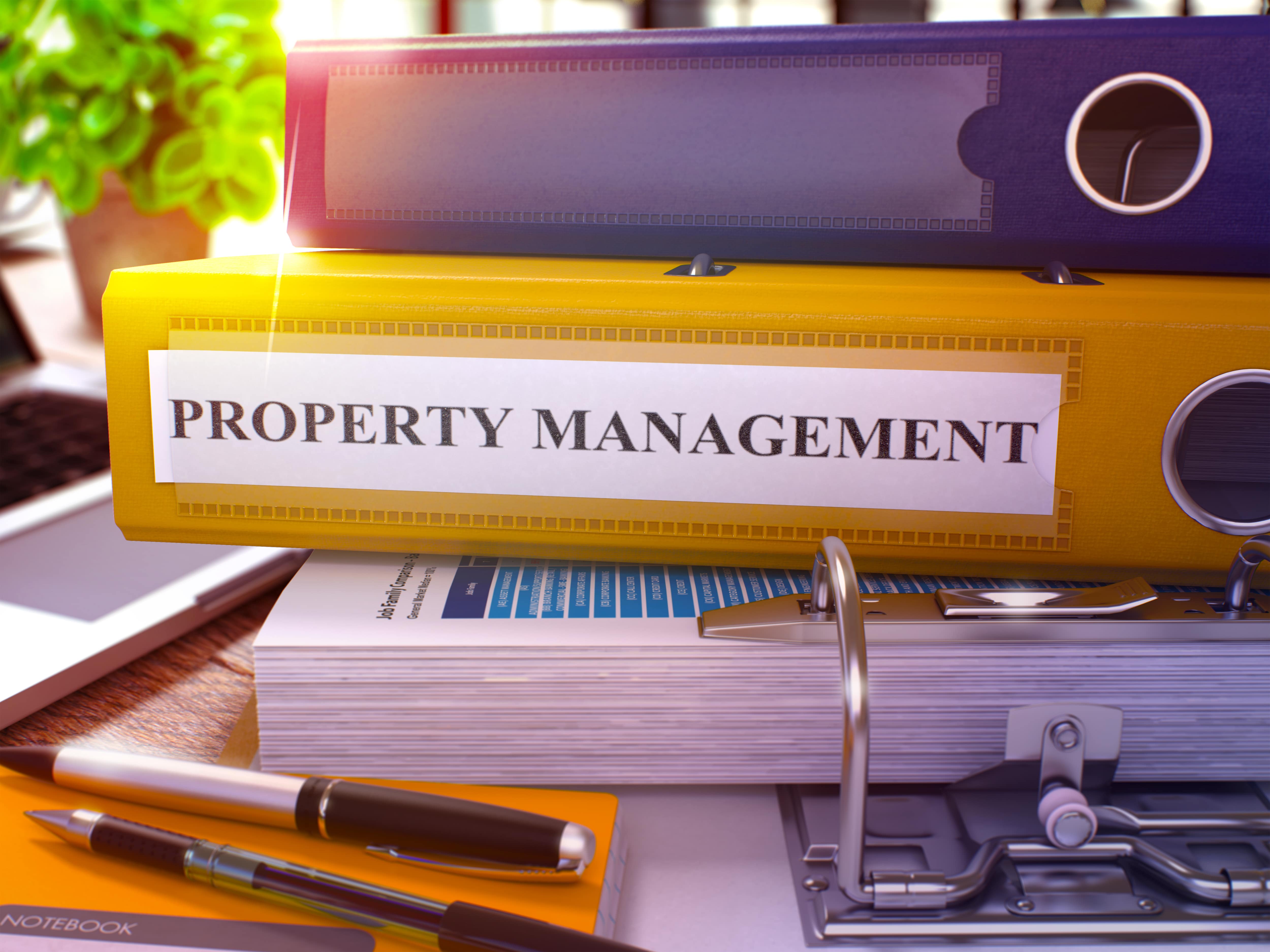Property Management Fees Explained: Tips For When You Hire A Property Manager

When hiring a property manager, understanding property management fees can be confusing. They are a key part of owning and managing a property. Many investment property owners and real estate agents struggle to understand them.
This article will clarify property management fee structures. We will explain the different costs involved. We will also describe their purpose and offer tips for understanding and negotiating these fees.
This guide is for investment property owners who need help with legal issues. This also serves real estate agents who want to explain these costs to their clients more clearly. We will look at the different types of property management fees. We will also see what services they include and what affects these fees.
Next, we will discuss the benefits of property management services. We will explore how having your property professionally managed increases the value of your rental property. We will also go over what you should expect to pay for day to day operation of your investment.
By the end of this article, you will understand property management fees well. This will help you understand professional property management. You will have the knowledge to make smart choices and discuss these costs clearly. Let's dive in and break down property management fees.
Clarify Property Management Fees - What Services are Included in Property Management Fees

Understanding property management fees begins with knowing what they include. These fees cover services that help a property run smoothly. They range from basic maintenance to administrative tasks.
The property management company usually takes their fee from the rent payments. Then, they give the rest of the rental proceeds to the property owner.
Property management fees are not the same for everyone. The cost depends on factors like property size, location, and needed services.
Commercial properties fees range more drastically then residential management. Restaurant owner that rent have the highest fluctuation of rents. Local market trends can also affect these costs.
Clear communication about these fees can help avoid problems later. Property owners gain from understanding the fee breakdown and the value it provides. Real estate agents need to understand property management fees to help their clients. Knowing these fees helps with budgeting.
It also supports better planning for maintenance, tenant relations, and legal issues. Understanding these factors can improve short-term management and long-term single family home investment strategies.
The Purpose of Property Management Fees

Many landlords think, property managers are just there to collect rent. We assure you it's far beyond just collecting rent and putting in maintenance requests! Property management companies ensure compliance with local and state laws.
By taking care of these tasks, they protect property owners from legal issues and financial losses.
Paying these fees means less stress and peace of mind. Being a landlord has become a time consuming job.
Working with a good property manager can help you earn more from your rental. They often find more qualified tenants. This can lead to a more stable investment
Average Range and Influencing Factors in Property Management Company Fees

Property managers usually charge between 5% and 10% of the monthly rent for their services. Many factors can affect the percentage or amount charged by management companies. Knowing these factors helps with financial planning and decision-making.
- Location: High-demand areas may see higher fees.
- Size of Property: Larger properties often incur increased management expenses.
- Services Provided: More comprehensive management services command higher fees.
Seasonal demand can affect property management prices. For example, properties in tourist areas like Kissimmee may have changing fees during busy travel seasons.
Property owners must assess and understand these factors when budgeting and negotiating management contracts. Real estate agents should help clients by showing how these factors can change the cost of property management.
Types of Property Management Fees
Property management fees for your investment come in two main types: percentage-based fees and flat-rate fees. Each type has its own benefits for property owners. The choice between them depends on personal preferences and property details.
Percentage-Based vs. Flat-Rate Fees

Percentage-based fees are calculated as a percentage of the rental income. The system deducts the percentage of the monthly rent before it releases the remaining funds to the owner. This type of fee is popular with rental property owners.
Flat-rate fees involve a fixed monthly amount, no matter how rental income changes. This model helps with budgeting since property owners know exactly what they will pay each month.
Choosing between these models often depends on how much risk the property owner is willing to take. Real estate agents can help owners consider these factors, ensuring they make informed decisions.
Percentage Based Property Management Fee Calculation
To calculate the property management fee:
Monthly Rent: $2,000
Management Fee Percentage: 10%
Calculation:
Fee = Rent x Percentage
Fee = 2,000 x .10 = 200
So, the property management fee would be $200 per month.
Additional Service Charges
Property management companies may charge an extra service fee on top of basic management fees. These fees cover services not included in the standard agreement.
- Tenant placement fee or Lease Renewal Fees: Fees are charged for the time and effort involved in finding tenants and renewing leases.
- Advertising Costs: Fees for marketing the property to attract new tenants.
- Maintenance or Repair Costs: Additional expenses for handling significant repairs or improvements.
- Eviction Fee: Tenant Evictions are separate service provided by an attorney.
- Vacancy Fee: This is a fee charged when a property is empty. It covers management services, like preparing the unit for a new tenant.
- ACH Deposit Fee: Do they charge to direct deposit the funds into your account? Most don't, some do.
The Value of Property Management Services
Property management services are important for keeping properties valuable. They provide various services to make management tasks easier.
For property owners, these services mean less stress and better handling of tenants and property care. This efficiency can lead to happier tenants and improve the property's long-term value.
Core Services Usually Included in Management Fees
- Tenant Screening and Relations
- Rent Collection
- Routine property maintenance coordination
- Financial management and reporting
- Holding security deposits in escrow
Navigating Property Management Agreements
Same as the lease agreement, understanding property management agreements is important to protect your interests.
These agreements explain the relationship between property owners and management companies.
They define roles, responsibilities, and expectations.
Negotiating Your Property Management Contract

Negotiating a property management contract can greatly affect your management costs and service quality.
Consider these negotiation tips:
- Compare multiple companies: Review and compare different management companies to understand the market rates.
- Request transparency: Ask for a detailed breakdown of the fees to identify potential savings.
- Leverage long-term potential: Discuss potential discounts for entering into longer-term agreements.
Pro Tip:
Negotiating your residential property management fee too low could cause a drop in the level of service. Inferior service might result in higher costs in the future. Conduct thorough research, and keep in mind that "You get what you pay for".
How Allegiant Management Group Can Help
At Allegiant Management Group, we provide expert property management services designed to maximize your investment while minimizing your stress. We believe in transparency and in fully disclosing the cost of property management fees. We manage your rental property efficiently and profitably with transparent pricing, dedicated support, and a proven process.
Contact us today to learn how we can help you achieve your rental property goals.
AMG Offers Transparent Pricing
Frequently Asked Questions (FAQs) About Property Management Fees
What are property management fees?
Property management fees are payments made to a property manager. They handle rental tasks like tenant screening, maintenance, and collecting rent. Common fees include monthly management fees (8-12% of rent), leasing fees, maintenance fees, and eviction fees. Costs vary by location and services provided.
How much do property management fees typically cost?
Property management fees typically range from 8% to 12% of monthly rent for full-service management. Leasing fees can be 50% to 100% of one month’s rent, while additional fees may apply for maintenance, evictions, and inspections. Costs vary by location, services, and property type.
What services do property management fees include?
Property management fees typically cover tenant screening, rent collection, maintenance coordination, lease enforcement, and property inspections. Some managers also handle evictions, legal compliance, and financial reporting. Services vary by contract, with additional fees for leasing, maintenance (usually a percentage of total bill), or eviction handling.
Are there additional fees beyond the standard management fee?
Yes, property managers can charge extra fees on top of the regular management fee. These may include leasing fees, which can be 50–100% of one month’s rent. They may also charge maintenance fees, eviction fees, inspection fees, and renewal fees. Costs vary based on the management company and service level.
How does property management help landlords save money?
Property management helps landlords save money by reducing vacancies, securing reliable tenants, handling maintenance efficiently, ensuring legal compliance, and preventing costly mistakes. Professional managers also negotiate vendor rates, enforce lease terms, and minimize eviction risks, leading to long-term financial benefits.
How can I start with Allegiant Management Group?
You can begin with Allegiant Management Group in a few ways.
2. Call their office at 407-554-3164
3. Fill out an online form on any website page.
Their team will guide you through property management services, pricing, and onboarding. They offer tenant screening, rent collection, maintenance, and more for landlords and investors.
Disclaimer: This content is for information purposes only and should not be considered legal or financial advice. Please consult with us directly for personalized assistance.
Blog Updated: 03/15/2025



